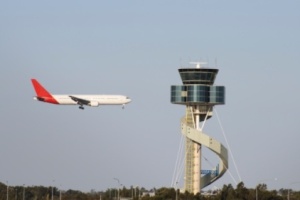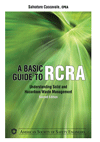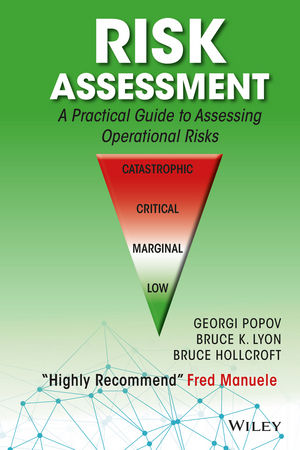 Blunted by strong industry opposition, the Federal Aviation Administration (FAA) is pushing uphill to implement a broad aviation safety law enacted by Congress after the last fatal U.S. airline crash nearly four years ago, according to a report by The Department of Transportation’s Inspector General.
Blunted by strong industry opposition, the Federal Aviation Administration (FAA) is pushing uphill to implement a broad aviation safety law enacted by Congress after the last fatal U.S. airline crash nearly four years ago, according to a report by The Department of Transportation’s Inspector General.
The FAA is mired in lengthy delays in increasing the amount of experience necessary to be an airline pilot, as mandated by law, provide more “real world” pilot training and create a mentoring program for experienced captains to coach less experienced first officers, according to the report.
The FAA is also thrashing out problems creating a centralized electronic database for airlines to check prior to hiring pilots, the report said. The database is supposed to include pilots' performance on past tests of flying skills.
In each case, the airline industry is fighting the FAA, the report said. "To effectively implement these initiatives in a timely manner, (the) FAA must balance industry concerns with a sustained commitment to oversight," the report said.
Congress passed the law a year and a half after the Feb. 12, 2009, crash of a regional airliner near Buffalo, N.Y., that killed all 49 people aboard and a man on the ground.
A National Transportation Safety Board investigation of the accident highlighted weaknesses in pilot training, tiring work schedules, lengthy commutes and relatively low experience levels for pilots at some regional carriers.
Responding to the DOT Inspector General’s report, the FAA said in a statement that more than 90 percent of air carriers now use voluntary programs where pilots and others report safety problems with the understanding that there will be no reprisals for their conduct or computer-assisted programs that identify and report safety trends.
"This has led to significant training, operational and maintenance program improvements," the statement said.
The FAA also noted that it has "delivered seven reports to Congress, initiated five rulemaking projects and continued rulemaking efforts for another four final rules as a result of the" new safety law.
But the inspector general's report describes how FAA has missed deadlines and run into complications trying to issue regulations necessary to implement key portions of the law.
The FAA is behind schedule on rules to substantially increase the experience required to become an airline pilot from the current 250 flight hours to 1,500 flight hours.
The FAA currently estimates it will issue the rules in August, a year after the deadline set in the law.
Airlines are concerned that they won't be able to find enough qualified new pilots. The industry opposes the increase in hours. It claims a pilot's quality and type of flying should be emphasize more heavily than the number of flight hours.
The FAA has proposed a compromise that would allow military pilots with 750 hours of flight experience or pilots with 1,000 hours and a four-year aviation degree to qualify to be hired as an airline pilot.
Still, airlines remain opposed.
If the FAA doesn't act by the August deadline, the increase to 1,500 hours will take effect without the exceptions offered in FAA's compromise proposals.
The FAA and its inspectors haven't taken steps to ensure regional airlines, which will be most affected, will be able to meet the new requirements, the report said.
At two regional carriers visited by the inspector general's office, 75 percent of the first officers didn't have an air transport certificate — the highest level pilot's license issued by the FAA —which will be required for all airline pilots by the August deadline.


